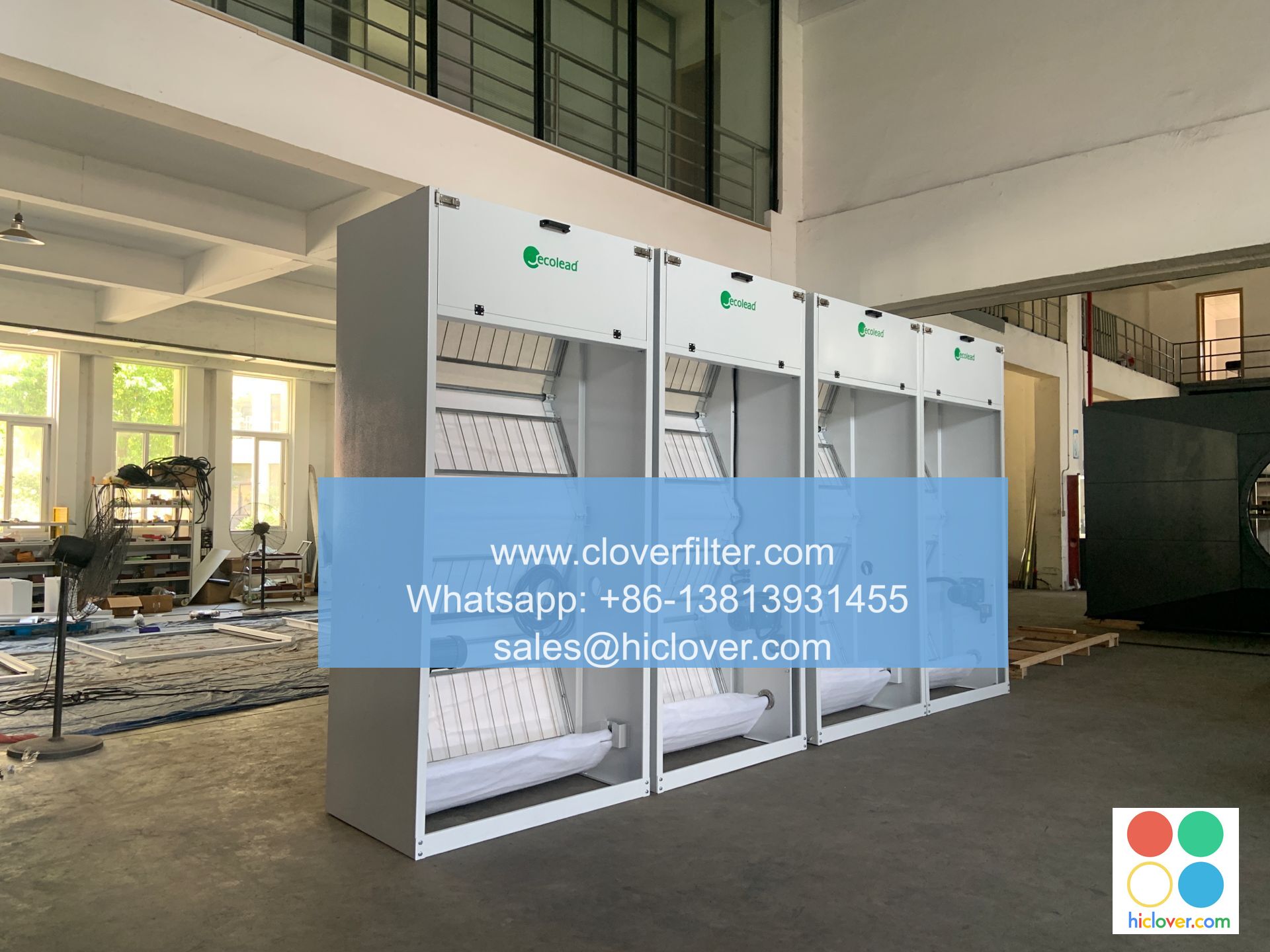Improving Air Quality in Halifax Seafood Processing Plants with Automatic Roll Air Filters

The seafood processing industry is a significant sector in Halifax, with many plants operating in the area. However, these plants can be a source of air pollution, which can have negative impacts on the environment and human health. One of the main sources of air pollution in seafood processing plants is the release of particulate matter (PM) and other airborne contaminants from processing activities. To improve air quality in these plants, the use of automatic roll air filters can be an effective solution.
Automatic roll air filters are designed to capture airborne contaminants, including PM, dust, and other particles, and can be easily integrated into existing ventilation systems. These filters are typically made of a durable, washable material that can be reused multiple times, making them a cost-effective option for seafood processing plants. The automatic roll design allows for continuous filtration, with the filter media advancing automatically as it becomes dirty, ensuring consistent air quality.
The benefits of using automatic roll air filters in seafood processing plants are numerous. Firstly, they can significantly reduce the amount of PM and other airborne contaminants released into the air, improving air quality and minimizing the negative impacts on the environment and human health. Additionally, these filters can help to reduce odors and VOCs (volatile organic compounds) emitted by seafood processing activities, creating a more pleasant working environment for employees and reducing the risk of complaints from nearby residents.
Another advantage of automatic roll air filters is that they can help to reduce the risk of product contamination. By capturing airborne contaminants, these filters can prevent them from coming into contact with seafood products, reducing the risk of spoilage and contamination. This can be particularly important in seafood processing plants, where the quality and safety of the products are of paramount importance.
In addition to the benefits mentioned above, automatic roll air filters can also help to reduce energy costs and extend the life of ventilation systems. By capturing airborne contaminants, these filters can reduce the amount of maintenance required for ventilation systems, as well as the energy required to heat and cool the air. This can result in significant cost savings for seafood processing plants, as well as a reduction in their environmental footprint.
To implement automatic roll air filters in seafood processing plants, several factors should be considered. Firstly, the type and size of the filter required will depend on the specific processing activities and the volume of air being ventilated. It is also important to ensure that the filter is properly installed and maintained, with regular cleaning and replacement of the filter media as needed. Additionally, the ventilation system should be designed to ensure adequate airflow and filter efficiency, with regular monitoring and testing to ensure optimal performance.
In conclusion, the use of automatic roll air filters can be an effective solution for improving air quality in Halifax seafood processing plants. By capturing airborne contaminants and reducing the amount of PM and other pollutants released into the air, these filters can minimize the negative impacts on the environment and human health. Additionally, they can help to reduce odors and VOCs, prevent product contamination, and reduce energy costs and maintenance requirements. With proper installation, maintenance, and monitoring, automatic roll air filters can play a critical role in ensuring the quality and safety of seafood products, as well as the health and well-being of employees and the surrounding community.
FAQs
Q: What are the main benefits of using automatic roll air filters in seafood processing plants?
A: The main benefits of using automatic roll air filters in seafood processing plants include improved air quality, reduced odors and VOCs, prevention of product contamination, and reduced energy costs and maintenance requirements.
Q: How do automatic roll air filters work?
A: Automatic roll air filters capture airborne contaminants, including PM and other particles, using a durable, washable filter media that advances automatically as it becomes dirty, ensuring continuous filtration.
Q: What factors should be considered when implementing automatic roll air filters in seafood processing plants?
A: Factors to consider include the type and size of the filter required, proper installation and maintenance, regular cleaning and replacement of the filter media, and adequate ventilation system design and monitoring.
Q: Can automatic roll air filters be used in other industries besides seafood processing?
A: Yes, automatic roll air filters can be used in a variety of industries where airborne contaminants are a concern, including food processing, pharmaceuticals, and manufacturing.

